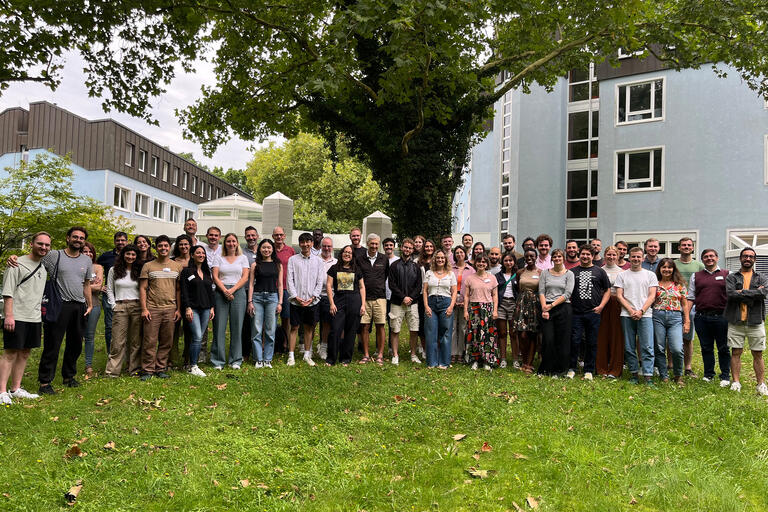
Quelle: HBS
10 Years after the Crash: What have we learned?
| Veranstalter: | Hans-Böckler-Stiftung |
| Ort: | Berlin, SI-Hotel Steglitz International |
| vom: | 25.10.2018, 08:00 Uhr |
| bis: | 27.10.2018, 20:00 Uhr |
In September 2008 the bankruptcy of Lehman Brothers was a landmark in a series of events that triggered the great financial and economic crisis. However, its roots lie much deeper: rising inequality, deregulation of financial markets, private debt and trade imbalances are discussed to play a role. Ten years later, financial markets are again reaching record highs, the world economy grows at a strong pace and major central banks are beginning to tighten their monetary policy stance. At the same time, the gains accrue largely to a small elite, even limited regulatory achievements are under attack, and right-wing populism is threatening democracy in high-income countries, while many low-income countries still struggle from war and poverty.
What did societies and politicians learn from the crash? What have been theoretical achievements in orthodox and heterodox economic thinking since then? Where do we go from here? Those, and many more questions were tackled by more than 350 participants during the conference. Prior to the core conference, there was a day of introductory lectures for graduate students.
Introductory Lectures
Robert Blecker opens the introductory workshop with his lecture on “An Introduction to Post-Keynesian Theories of Distribution and Growth: Alternative Models and Empirical Findings”. Blecker provides an overview on the potential channels through which income distribution affects aggregate demand in Post-Keynesian Models and explaines the difference between countries with wage-led and profit-led demand regimes. After his summary of these theoretical aspects, he focuses on the empirical analysis of this distinction.
Presentation (pdf)
The second introductory lecture on “Growth Theories” is delivered by Amit Bhaduri. He emphasizes the differences between the neoclassical theory of growth and Keynes’ ideas.
Bhaduri explains the role of effective demand and inequality in growth theories and concludes with remarks about environmental consequences.
Presentation (pdf)
Stephanie Seguino gives the third and last introductory lecture at the FMM, focusing on intergroup inequality by gender and/or race and how this is related to macroeconomics. Following Seguino, the level of inequality matters for the macroeconomic outcome and at the same time, macroeconomic policies influence the level of inequality. She calls this research field “stratification economics”, a combination of sociology and economics. She concludes that gender and race are of high relevance for macroeconomic analysis.
Presentation (pdf)
1st Plenum
Amit Badhuri: Growth and crisis under finance dominated capitalism: A stock-flow consistent approach
Presentation (pdf)
Martin Hellwig: Systemic risk, macro shocks and macro-prudential policies
Presentation (pdf)
2nd Plenum
Engelbert Stockhammer: What have heterodox economists learned?
Presentation (pdf)
Rüdiger Bachmann: Macroeconomics in the crisis since the crisis? (pdf)
Presentation (pdf)
Stefanie Seguino: Using fiscal and monetary policy to address intergroup inequality. (pdf)
Presentation (pdf)
3rd Plenum
Helene Schuberth: Ten years later – capital flows and the new monetary order.
Prensentation (pdf)
Tom Ferguson: The financial crisis and the collapse of political parties in the advanced countries: Theory and evidence.
Presentation (pdf)
Laszlo Andor: Risks of a slow motion EMU reform (pdf)
Presentation (pdf)
